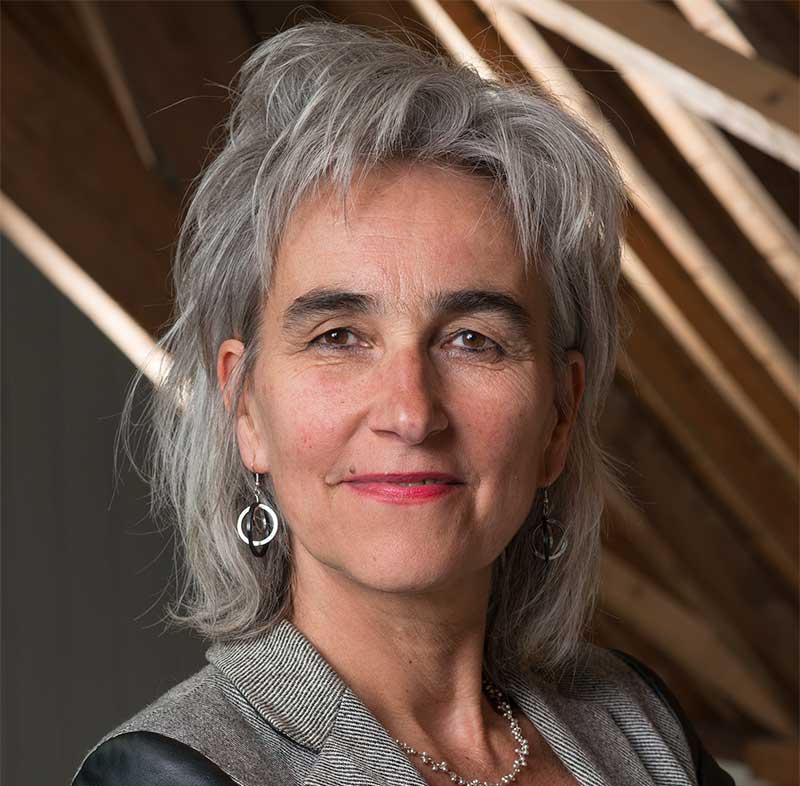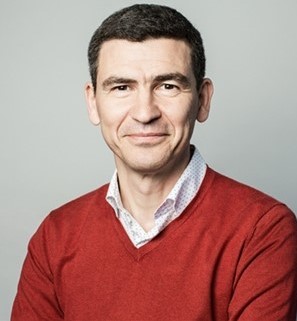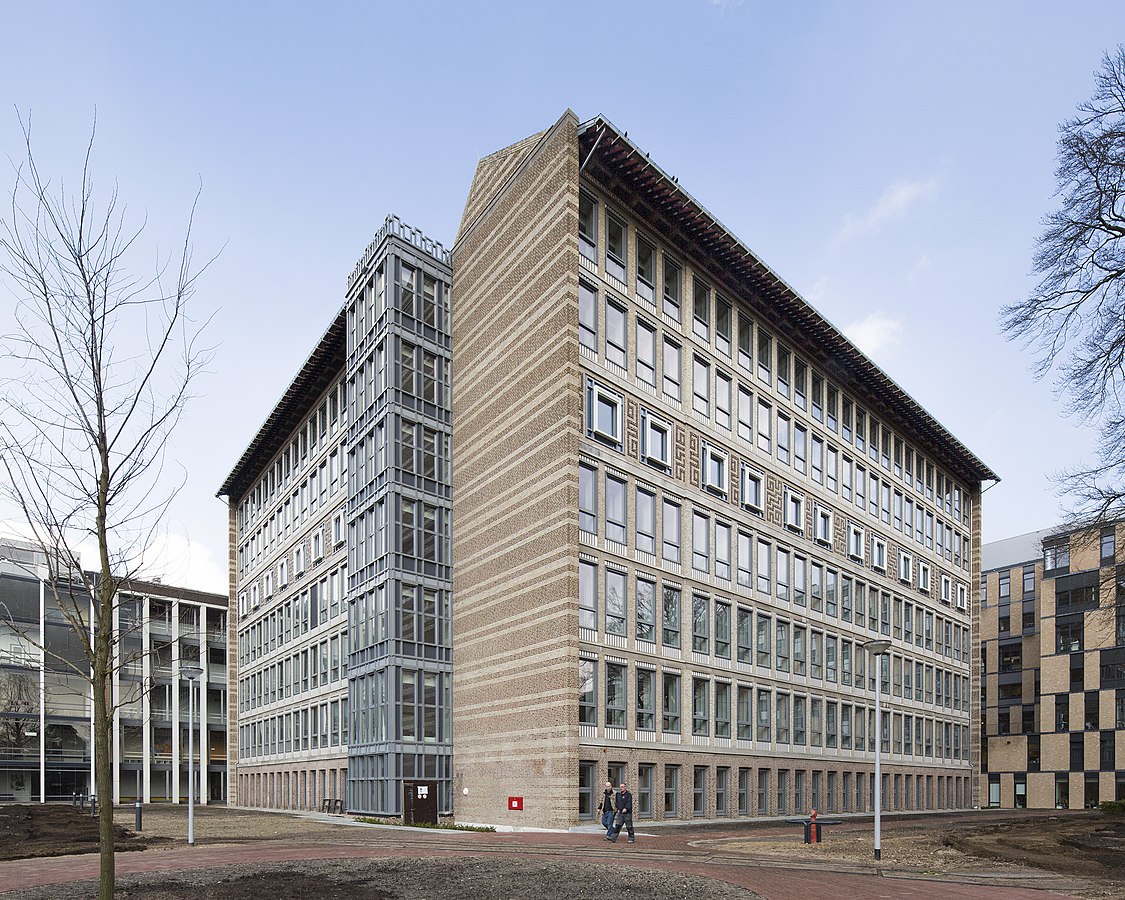 Netherlands
Netherlands
For an overview of GVN Centers of Excellence, click here.
 Erasmus University Medical Center Rotterdam
Erasmus University Medical Center Rotterdam
Dr. Molewaterplein 40
3015 GD, Rotterdam
 Center Director: Dr. Marion Koopmans
Center Director: Dr. Marion Koopmans
Member Researchers: Arno Andeweg, Charles Boucher, Rik de Swart, Ron Fouchier, Pieter Fraaij, Rob Gruters, Bart Haagmans, Thijs Kuiken, Byron Martina, David van de Vijver, Bernadette van den Hoogen, Annemiek van der Eijk, Eric van Gorp, Georges Verjans
Fields of Expertise
Our areas of research are as follows:
Viral infections in high risk patients:
- HIV
- Coronaviruses and viral hepatitis
- Herpesviruses
- Paramyxoviruses
- Severe viral infections in children
- HMPV and Molecular virology of paramoxyviruses
- Viral infections in immunocompromised hosts
- Norovirus
- Immunovirology
- Molecular virology and virus evolution
- Antivirals and antiviral resistance
Emerging and re-emerging viruses:
- Clinical aspects of exotic viruses
- Coronaviruses and viral hepatitis
- Rhabdoviruses and flaviviruses
- Arbovirus ecology and emergence prediction
- Molecular virology and virus evolution
- Emerging diseases preparedness research
In addition, we have the following cross-cutting research activities:
- Comparative genomics (host)
- Comparative pathology and Pathogenesis
- Virus genomics and molecular epidemiology

Center Director: Dr. Mihai Netea
Member Researchers: Reinout van Creval, Andre van der Ven, Quirijn de Mast, Van de Veerdonk
The research efforts of Netea’s group is to translate information obtained through the in-depth assessment of immune responses in health and disease into novel diagnostic and therapeutic approaches in patients. His group has a strong track record on translating immunological and genetic information into understanding pathophysiological mechanisms of disease. He has a broad expertise on the host mechanisms responsible for the recognition of viral and bacterial pathogens and the activation of the innate immune system. Netea has described the epigenetic mechanisms mediating innate immune memory (‘trained immunity’) for the first time, and their role in vaccination, infection, immune-mediated diseases, and cancer. He is coordinator of the International Trained Immunity Consortium that aims to understand the processes of innate immune memory, and develop prevention and therapeutic approaches based on trained immunity. His work led to the first phase III clinical trial using vaccination with a live attenuated vaccine (BCG) as a prevention strategy against infections (including viral) in the elderly. In addition, the concept of trained immunity is at the basis of large phase III clinical trials using live attenuated vaccines in COVID-19.

